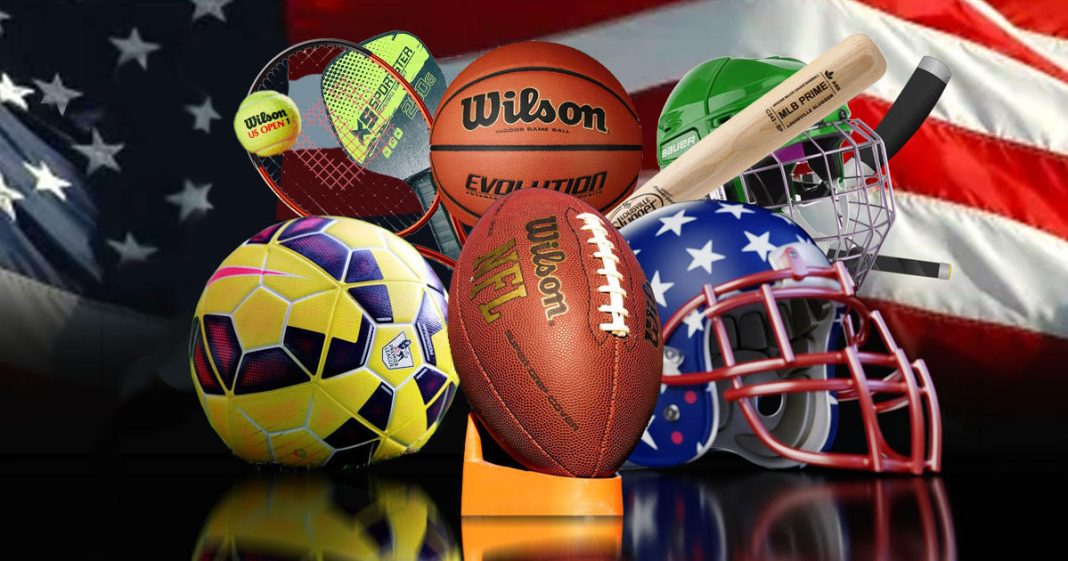
In the intricate world of sports betting, the transatlantic divide between Europe and the United States is not just a matter of geographic distance but a profound difference in culture, regulation, and market dynamics. Kelly Briffa, B2B Sales Executive at Enteractive, delves deep into these differences, exploring how they shape consumer behavior and influence the strategic direction of operators in these regions.
Cultural integration of sports betting
In Europe, sports betting is seasoned with historical norms and deeply integrated into local sports cultures, particularly around football (soccer). Betting shops are as common as cafés in many European cities, and online betting, while highly regulated, is a mature market with a wide range of offerings from traditional bookmakers to innovative start-ups.
Conversely, the United States has experienced a renaissance in sports betting only recently, following the 2018 Supreme Court decision to overturn the federal ban on sports wagering. This has unleashed a vibrant, albeit fragmented, landscape where each state determines its own regulatory framework. The result is a rapid expansion, driven by a combination of domestic players and European operators eager to tap into a market that is culturally synonymous with sports like American football, basketball, and baseball.
Regulatory impact and market maturity
European sports betting benefits from a generally uniform approach across countries like the UK, Ireland and Germany, though each has its own regulatory nuances. The European model has heavily influenced regulations, focusing on consumer protection, data privacy, and anti-money laundering measures.
In contrast, the US market is marked by its lack of uniformity. States such as New Jersey and Pennsylvania have embraced liberal sports betting laws, while others like Utah maintain strict prohibitions. This patchwork creates both opportunities and challenges for operators who must navigate varying regulations and compliance requirements.
Technological innovations and user experience
Technology plays a pivotal role in the evolution of sports betting on both sides of the Atlantic. European operators have long relied on technology to offer live betting, comprehensive mobile experiences, and a wide array of transaction options. Companies like Bet365 and Paddy Power are known for their innovative approaches to betting technology, using data analytics and machine learning to enhance user engagement and personalize the betting experience.
American operators and sportsbooks, however, are rapidly catching up, leveraging technology to offer immersive experiences through mobile platforms and partnerships with major sports leagues and teams. The focus is on creating a seamless user experience that integrates live sports viewing with in-play betting, fantasy sports, and social features.
Consumer behavior and market strategies
European bettors tend to be more diverse in their sports preferences, wagering on a wide range of events from global football to tennis, and cycling. Betting is often recreational but with a cautious approach to spending. In the U.S., the betting audience is still evolving but shows a propensity for experimental and varied betting, influenced heavily by the American culture of sports fandom and tailgating.
To retain customers and maximize lifetime player value, operators in the U.S. might consider integrating enhanced customer service features, loyalty programs tied to major sports teams and events, and interactive, game-like experiences that appeal to a younger, tech-savvy demographic. Marketing strategies should emphasize the entertainment aspect of sports betting, rather than just the transactional nature of placing a bet.
The U.S. sporting calendar offers many acquisition opportunities across each year, with the Super Bowl, March Madness, the U.S. Open and many more, and the main focus for operators looking to grow their audience will be the retention of these more casual audiences. Giving them the opportunity to enjoy sports betting entertainment across more of the stand out sports events that take place across the year. A robust digital CRM strategy is therefore a must for operators in the States, combined with a more personalized one-to-one approach by calling those lapsed or casual players with a friendly phone conversation.
Enteractive has found that, done right, engaging in sports chat with U.S. fans can increase retention and bottom line revenues by a significant margin. In 2023, Enteractive achieved an average answer rate of 40% with players across the USA, converting 20% of all calls. We don’t do robocalling, and we include caller ID, letting the players know that it’s the operator brand calling.
It’s Enteractive’s unique approach in this field that has prompted some of the largest operators in the States to use our reactivation services to deliver increased ROI.
Wrapping up: A tale of two markets
The passion for sports runs deep in both Europe and the U.S., yet the expression of this passion through sports betting takes markedly different forms influenced by cultural, regulatory, and technological factors. As the U.S. market matures, it may begin to resemble its European counterparts in some ways, but the unique American sports culture and regulatory diversity will undoubtedly forge a distinct path.
For operators, understanding these nuances is key to tailoring offerings that resonate with each market’s characteristics and preferences. As sports betting continues to evolve, the transatlantic exchange of ideas and innovations will likely drive the global market toward more sophisticated and consumer-friendly frontiers.














